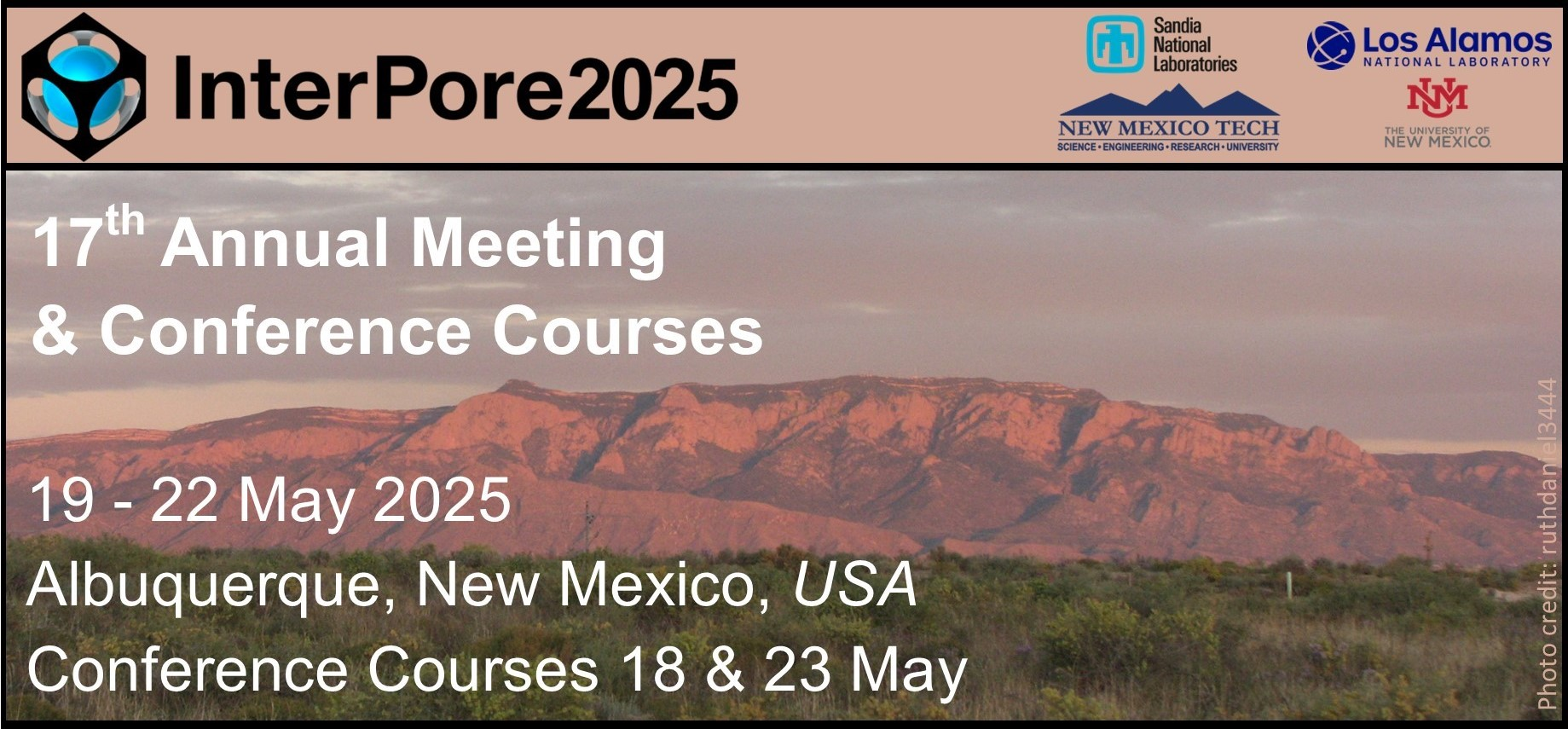Speaker
Description
Geothermal resources constitute a significant portion of the world's low-carbon, renewable energy potential, with about 75% classified as low-temperature (<120 °C). Recent advancements in hot dry rock and engineered geothermal systems have expanded the potential for accessing additional sources of Earth's internal heat, particularly from deep igneous or metamorphic rocks, where heat is effectively trapped by the overlying sedimentary thermal blanket. However, geochemically induced alterations in these highly reactive, low-temperature granitoid resources pose a significant risk to long-term heat production. To assess and potentially mitigate this risk, we conducted a geochemical and mineralogical study to evaluate the geothermal energy potential of Precambrian basement rocks underlying the Western Canada Sedimentary Basin. Through comprehensive characterization, including microscopic imaging, electron microprobe analysis, and Raman spectroscopic mapping of core samples, we evaluated the mineralogical and geochemical changes that have occurred over the basement rocks’ history of alteration and how such reactions would have affected the rocks’ permeability. Using these interpretations, we parameterized geochemical simulations of water-rock interactions to predict mineral volume changes and their implications for porosity and permeability variations. Our findings reveal that geothermal alteration of the more reactive, unaltered rocks leads to mineral volume changes about 30% greater than those observed in the altered rocks. Utilizing an empirical porosity-permeability relationship, we found that the unaltered basement rocks experienced significant permeability changes. Ultimately, our results suggest that targeting altered, permeable zones within the Precambrian basement rocks could offer more favourable conditions for sustained, multi-decade heat production, making them more viable for geothermal energy exploitation.
| References | Smith, T., Awolayo, A. N., Grasby, S. E., & Tutolo, B. M. (2024). Investigation of geochemically induced permeability alteration in geothermal reservoirs and its implications for sustainable geothermal energy production. Applied Geochemistry, 175, 106193. |
|---|---|
| Country | Canada |
| Acceptance of the Terms & Conditions | Click here to agree |






